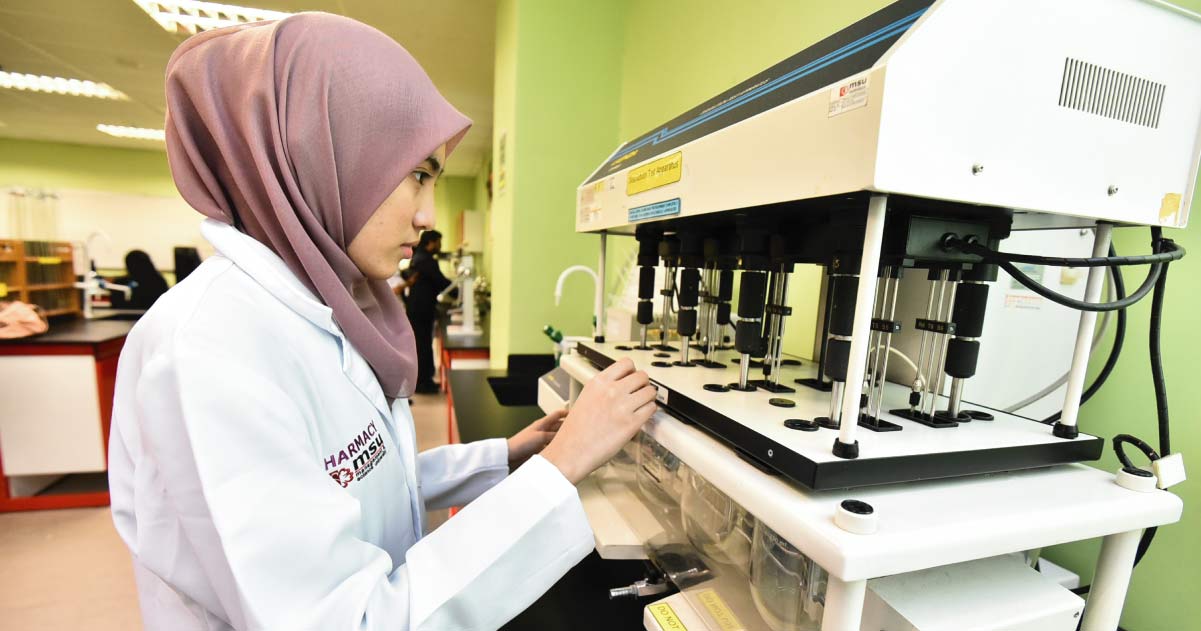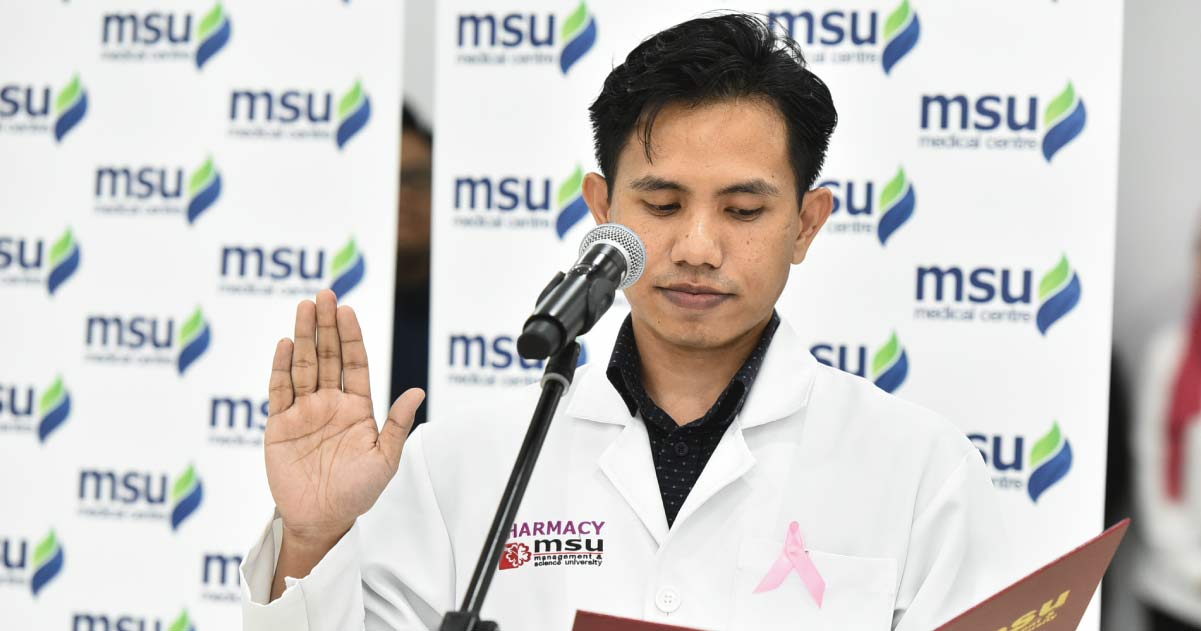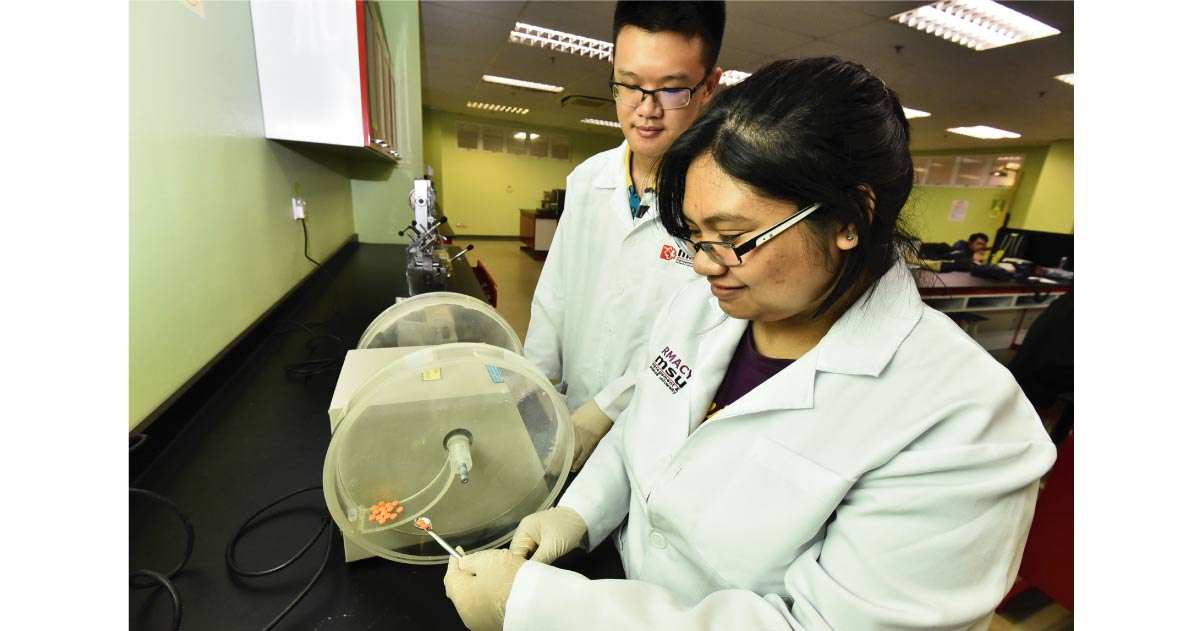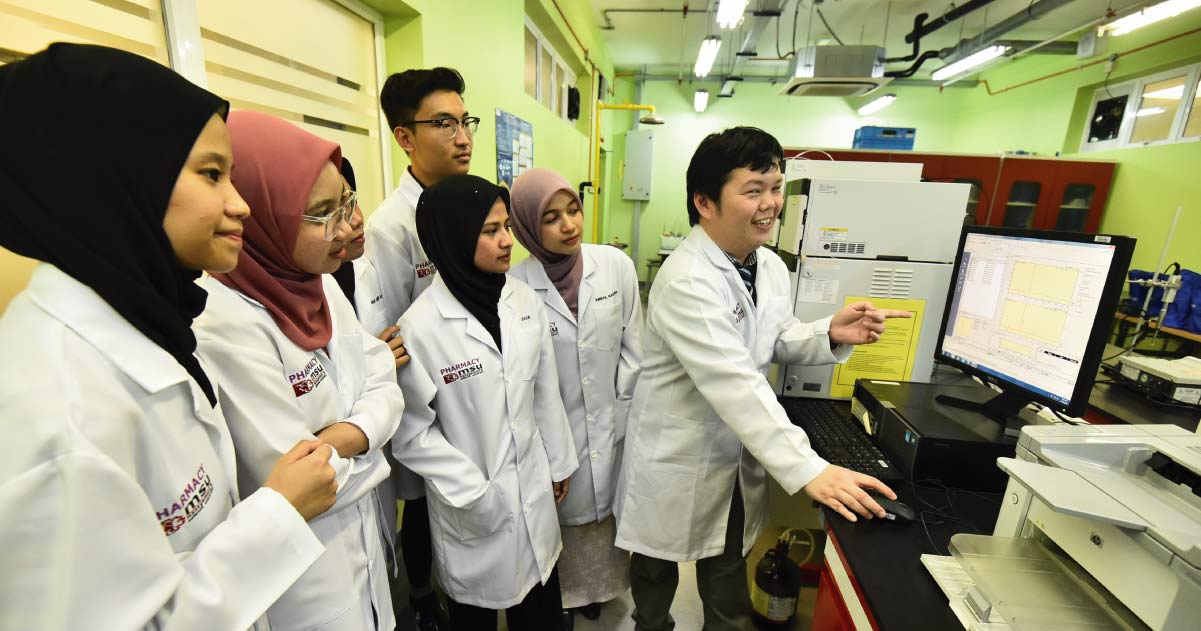

“Access to pharmacists is access to health,” says the World Pharmacists Day theme of 2014. Observed every year on September 25, World Pharmacists Day was established at the end of 2009 to showcase pharmacists and their impact on healthcare.

“Partners in health” (2015), “Caring for you” (2016), “Your medicine expert” (2018)
Every day, millions of pharmacists and pharmaceutical scientists around the world act as partners to patients, other healthcare professionals, and other scientists. Pharmacists became who they are because they wanted to help patients. Pharmacists’ prevention of delays or non-adherence significantly impact patients’ treatment course and improve patients’ overall health. Pharmacists are the best healthcare professionals to help patients on time-sensitive medication regimens (such as cancer or transplant patients) take their medicines appropriately and on time to ensure full benefit of the medication. The service of a pharmacist also relieves the time pressure on physicians to meet consultation appointments that seek inspection and diagnosis.
“Your partners in using medicines responsibly” (2012)
“Simplifying your medicine use no matter how complex” (2013)
“From research to healthcare, your pharmacist is at your service” (2017

People are complex, which is why understanding and treating human diseases is complicated and challenging. Humans are diverse in their biological, medical, behavioural, and social natures yet one trait remains common among them; patients are likelier to comply and adhere to therapy when their medication regiment is simple and straightforward.
While treatment strategies continue being devised to meet human complexities, pharmacy and pharmaceutical sciences education continue to focus on optimizing patient care. And the pharmacist oath, taken by beginning students of pharmacy, continue to promise consideration of human welfare and relief of suffering, as well as embrace and advocate changes that improve patient care.

“Safety first with medicines, ask your pharmacist” (2010)
What does it actually mean to consider human welfare and relieve suffering? It could mean that when an urgent dose of painkiller is needed for a patient, pharmacists do all they can to deliver it as soon as the call had been made. It could also mean help in refilling a patient’s prescribed medicines. It could very well mean doing all that is possible to ensure accuracy of the medicines dispensed.

“Safe and effective medicines for all” (2019)
In 2018, the World Health Organization announced its recognition of traditional Chinese medicine (TCM). With its associated low toxicity and personalized approach to meeting the incredible variations across human genetics, environmental surroundings, and lifestyle choices, TCM adds to the global medical compendium as complementary to modern medicine.

There is no one-size-fits-all in treating diseases, which is why providing only the best possible care to every patient is the pharmacist’s manifesto. The most compelling description of the pharmacist’s role, however, perhaps is best summed up by the World Pharmacists Day theme of 2011.
“I am your most accessible healthcare provider. I am the driving force behind discovering new medicines. I am the key that unlocks all you need to know about your medicines. I am with you in sickness and in health.”
MSU Master of Clinical Pharmacy
MSU Bachelor of Pharmacy (Honours)
MSU Bachelor of Science in Pharmaceutical Technology (Honours)
MSU Bachelor in Traditional Chinese Medicine (Honours)
“Access to pharmacists is access to health,” says the World Pharmacists Day theme of 2014. Observed every year on September 25, World Pharmacists Day was established at the end of 2009 to showcase pharmacists and their impact on healthcare.

“Partners in health” (2015), “Caring for you” (2016), “Your medicine expert” (2018)
Every day, millions of pharmacists and pharmaceutical scientists around the world act as partners to patients, other healthcare professionals, and other scientists. Pharmacists became who they are because they wanted to help patients. Pharmacists’ prevention of delays or non-adherence significantly impact patients’ treatment course and improve patients’ overall health. Pharmacists are the best healthcare professionals to help patients on time-sensitive medication regimens (such as cancer or transplant patients) take their medicines appropriately and on time to ensure full benefit of the medication. The service of a pharmacist also relieves the time pressure on physicians to meet consultation appointments that seek inspection and diagnosis.
“Your partners in using medicines responsibly” (2012)
“Simplifying your medicine use no matter how complex” (2013)
“From research to healthcare, your pharmacist is at your service” (2017

People are complex, which is why understanding and treating human diseases is complicated and challenging. Humans are diverse in their biological, medical, behavioural, and social natures yet one trait remains common among them; patients are likelier to comply and adhere to therapy when their medication regiment is simple and straightforward.
While treatment strategies continue being devised to meet human complexities, pharmacy and pharmaceutical sciences education continue to focus on optimizing patient care. And the pharmacist oath, taken by beginning students of pharmacy, continue to promise consideration of human welfare and relief of suffering, as well as embrace and advocate changes that improve patient care.

“Safety first with medicines, ask your pharmacist” (2010)
What does it actually mean to consider human welfare and relieve suffering? It could mean that when an urgent dose of painkiller is needed for a patient, pharmacists do all they can to deliver it as soon as the call had been made. It could also mean help in refilling a patient’s prescribed medicines. It could very well mean doing all that is possible to ensure accuracy of the medicines dispensed.

“Safe and effective medicines for all” (2019)
In 2018, the World Health Organization announced its recognition of traditional Chinese medicine (TCM). With its associated low toxicity and personalized approach to meeting the incredible variations across human genetics, environmental surroundings, and lifestyle choices, TCM adds to the global medical compendium as complementary to modern medicine.

There is no one-size-fits-all in treating diseases, which is why providing only the best possible care to every patient is the pharmacist’s manifesto. The most compelling description of the pharmacist’s role, however, perhaps is best summed up by the World Pharmacists Day theme of 2011.
“I am your most accessible healthcare provider. I am the driving force behind discovering new medicines. I am the key that unlocks all you need to know about your medicines. I am with you in sickness and in health.”
MSU Master of Clinical Pharmacy
MSU Bachelor of Pharmacy (Honours)
MSU Bachelor of Science in Pharmaceutical Technology (Honours)
MSU Bachelor in Traditional Chinese Medicine (Honours)